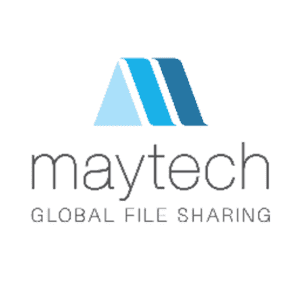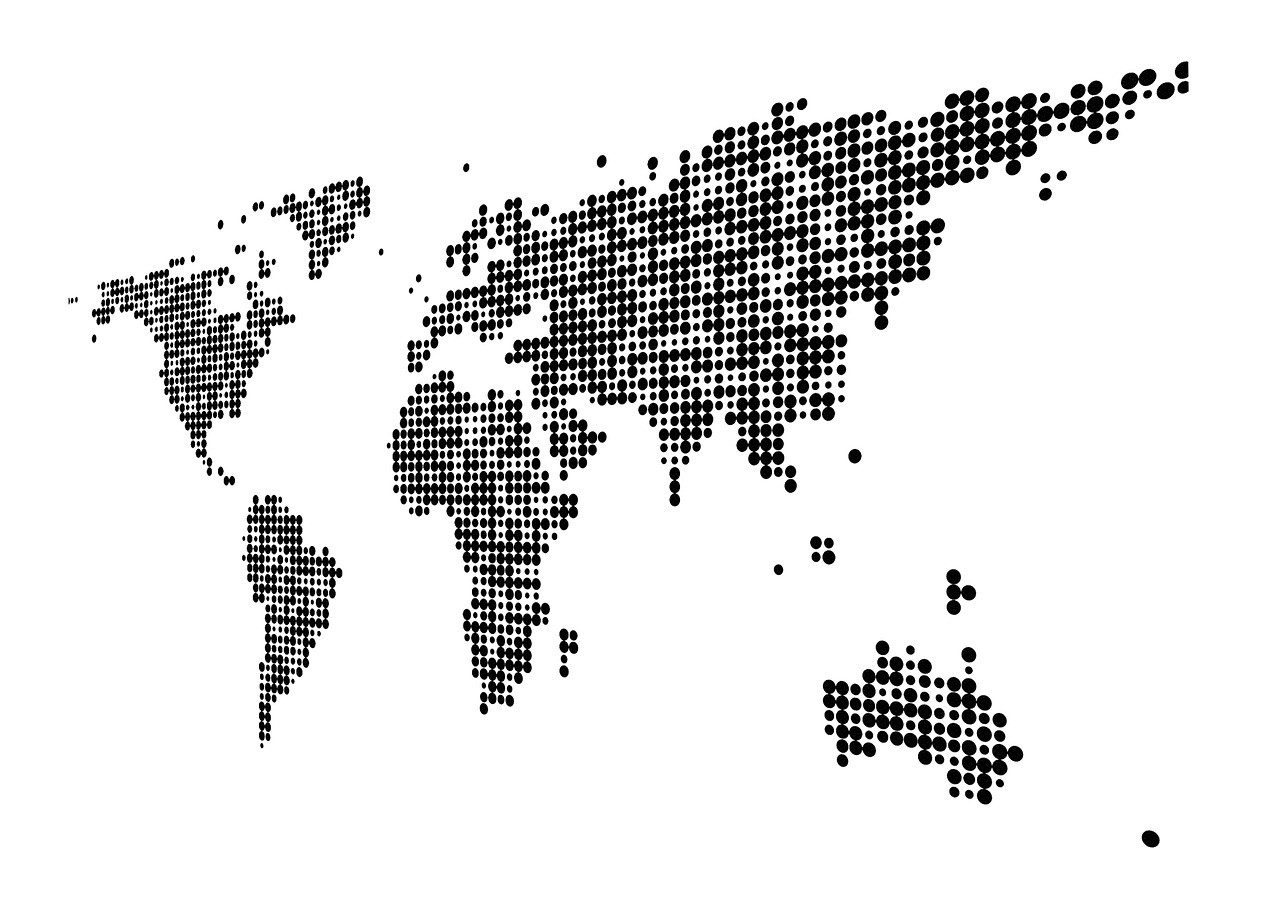 Data is constantly being collected and streamed all around us. From everyday devices like smartphones and televisions, to complex sensors that pick up vital information, the total accumulation of data over the past two years dwarfs the prior record of human civilization, according to Harvard Magazine.
Data is constantly being collected and streamed all around us. From everyday devices like smartphones and televisions, to complex sensors that pick up vital information, the total accumulation of data over the past two years dwarfs the prior record of human civilization, according to Harvard Magazine.
Interestingly, however, it’s not the quantity of data that is revolutionary, it’s what we can do with it.
The capacity for organisations, businesses and governments to collect, examine and share data is unprecedented, and can generate new insights that have the potential to change the world.
Saving lives is just one example of how data sharing can do this.
Data analysis can add tremendous insight and value into practically every field of investigation, from geographic all the way through to social science. Whenever sufficient information can be quantified, modern statistical methods can predict all manner of outcomes.
Severe weather warning systems are a perfect illustration of how data collection and distribution can save lives. Every year, severe weather threatens millions of people across the globe, leading to devastation and loss of life.
TV and radio disseminate information on these things quickly; but smartphones can do better. The potential is there for users to get real-time updates on severe weather systems as they’re occurring, giving them more time to take the necessary precautions.
One example of where better, faster data sharing could have saved lives is in Nepal, where 39 people were killed by a snowstorm on a popular trekking route in October last year.
Knowledge of the oncoming storm which was caused by a cyclone in India reached Nepal’s Home Ministry, but the information failed to reach people on a local level. As a result of this failure to share data, many became trapped and perished in what seemed like a ‘sudden’ snowstorm.
Google and Data :
The potential of big data is clear to see when we start to look at the information gathered by multinational corporations like Google, Twitter and Facebook.
For example, researchers at the University of California, San Diego, claimed in the Journal Scientific Reports that they can use CDC data and Google search terms related to influenza to forecast U.S. flu levels a week into the future.
Each year, 250,000 to 500,000 people die of influenza worldwide, with 3,000 to 50,000 of those fatalities happening in the United States. These deaths are largely preventable with flu immunization, but vaccines need to get to people before outbreaks occur. Having advanced information on the location and size of outbreaks could render them far less fatal.
Closer to home, the NHS is also looking at sharing data to save lives. The information in patient records is vital for medical research, and significant findings can be made by collating and comparing the information they contain. Examples of this include the discovery in the 1950s that smoking caused lung cancer and the disproval of the supposed link between the MMR vaccination and autism in the 1980s.
The conversion of patient records from paper to digital will make using them considerably easier for medical researchers, and the NHS is creating a new system to enable them to access this information to improve care in the UK.
Data Security :
Data sharing really could change the world, but the transfer of huge amounts of data raises huge security questions, especially when it comes to personal medical information.
If we want data sharing to be truly transformative, it’s vital that the security used is tight enough to ensure that confidential data doesn’t fall into the wrong hands. Only then can we be satisfied that the data being collected every day is being used for the good of people everywhere.[su_box title=”About Maytech” style=”noise” box_color=”#336588″] Maytech provides a global cloud platform for secure and reliant data transfer, and organisations in 35 countries spanning 60 industries rely on Maytech for mission critical workflows and global data distribution and acquisition. [/su_box]
Maytech provides a global cloud platform for secure and reliant data transfer, and organisations in 35 countries spanning 60 industries rely on Maytech for mission critical workflows and global data distribution and acquisition. [/su_box]








